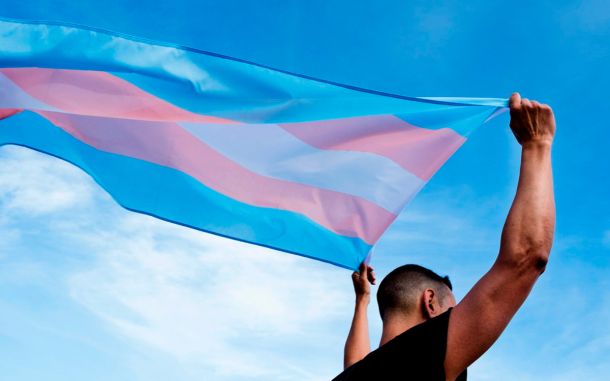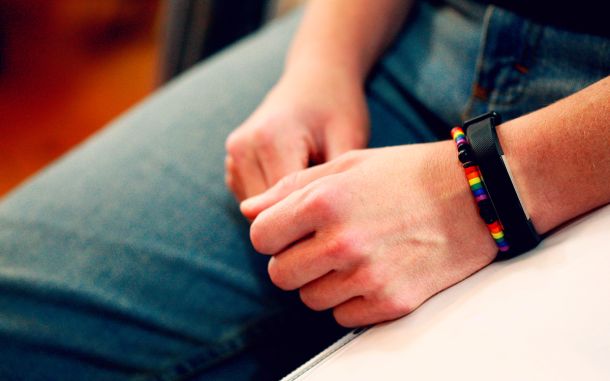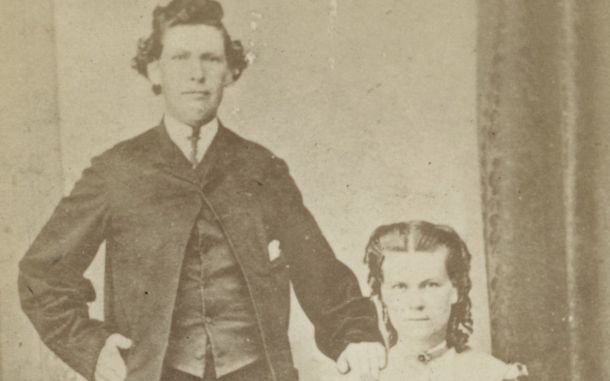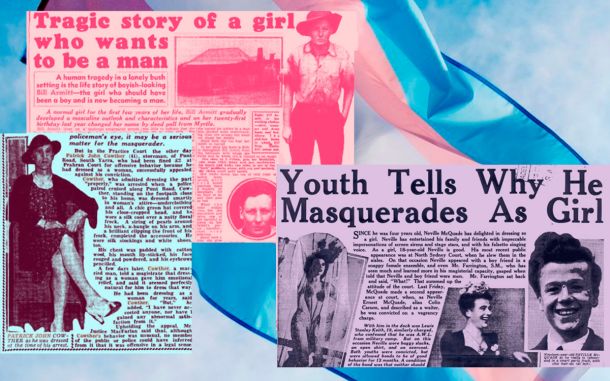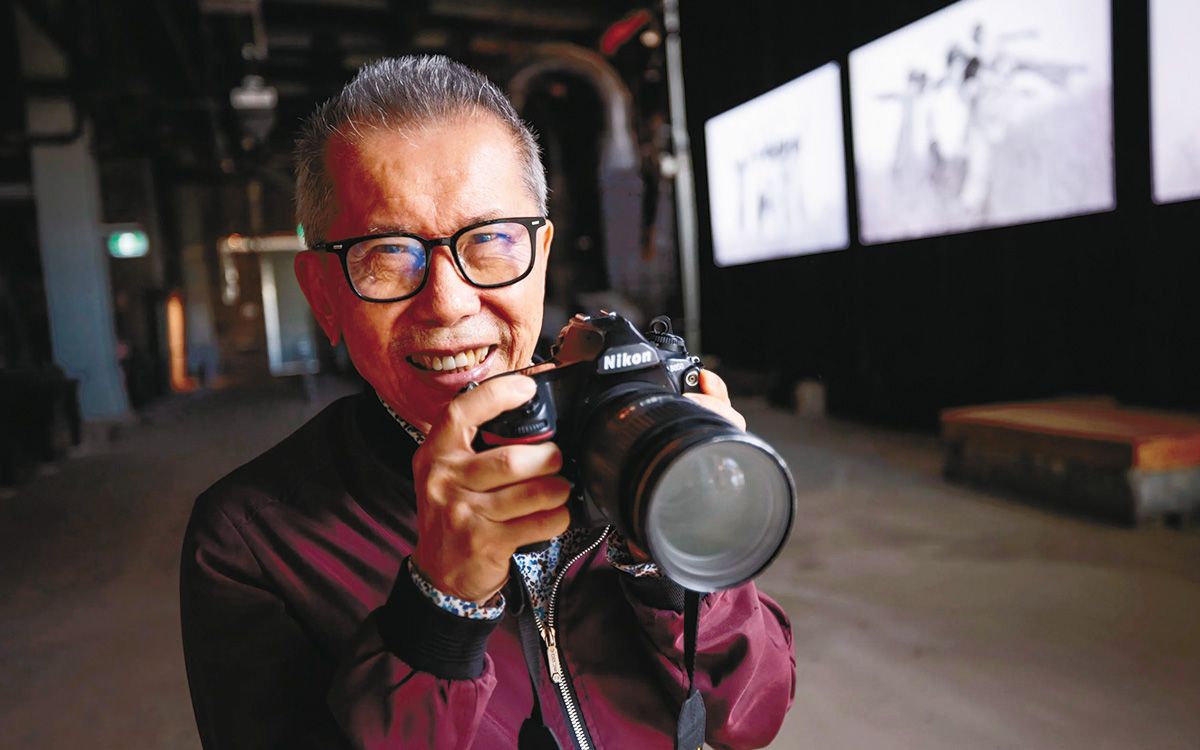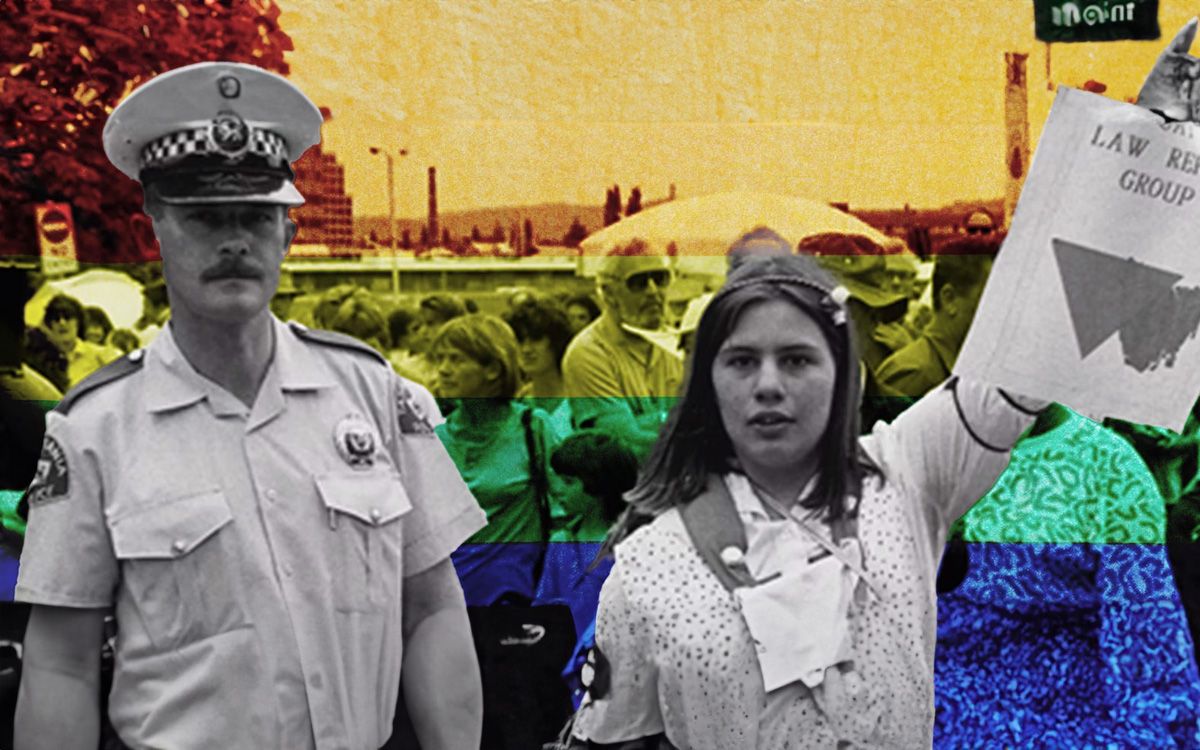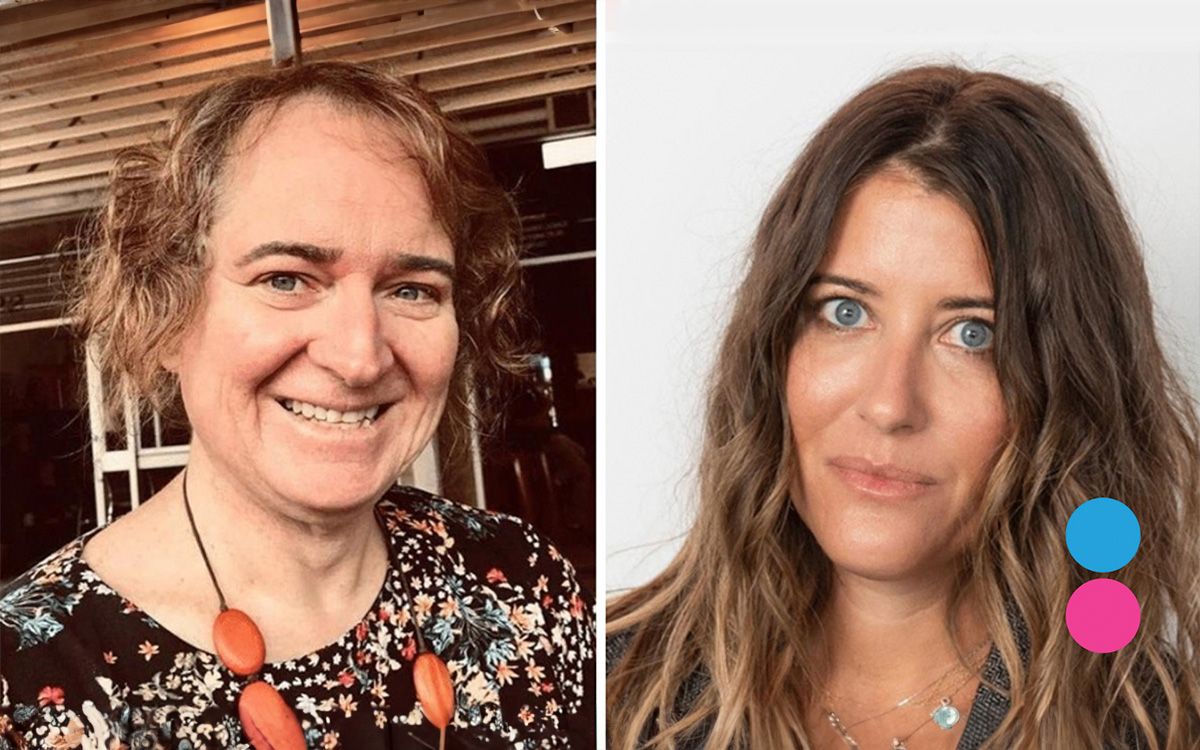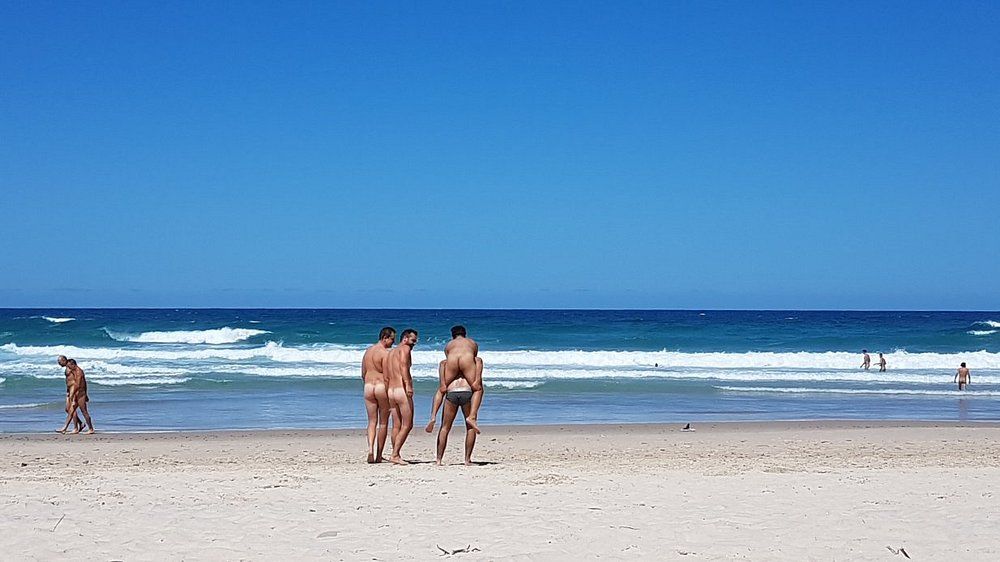There is increasing concern that a US-style anti-trans campaign is underway in Australia. This week, a spotlight was shone on these issues in the Federal Court, where a trans woman, Roxanne Tickle, has taken a women-only social media platform to court for discrimination.
This case is providing the court with a rare opportunity to determine the extent to which the Sex Discrimination Act protects a trans woman from discrimination on the basis of their gender identity. Although the act was amended more than a decade ago to prohibit discrimination on such a basis, this is the first time these laws are being tested in court.
What’s the case about?
Section 22 of the Sex Discrimination Act reads:
it is unlawful for a person who, whether for payment or not, provides goods or services, or makes facilities available, to discriminate against another person on the ground of the other person’s sex, sexual orientation, gender identity, intersex status, marital or relationship status, pregnancy or potential pregnancy, or breastfeeding […]
Tickle is asking the Federal Court to find that excluding her from the social networking app, Giggle for Girls, breached this section and another in the Sex Discrimination Act.
Tickle, whose birth certificate designates her sex as female, following her transition from male to female, downloaded the app, which is marketed as a platform exclusively for women to share experiences and speak freely in a “safe space”.
To access the app, Tickle had to upload a selfie. Artificial intelligence (AI) assessed the photo as being of a woman and Tickle was given access to the app.
However, seven months later, the chief executive of Giggle for Girls, Sally Grover, blocked Tickle from using the app on the basis that she was male. She stated:
I looked at the onboarding selfie and I saw a man. The Al software had let them through, thereby making a mistake that I rectified.
What legal issues are up for debate?
The case highlights the distinction between sex discrimination and gender identity discrimination.
“Sex” is not defined in the Sex Discrimination Act. It is a term that is used to refer to whether a person is male, female or another non-binary status. It is assigned at birth according to biological attributes that are primarily associated with physical and physiological features.
Although some people don’t agree, a person’s sex is not fixed and can be changed, as reflected in the language of section 32I of the NSW Births, Deaths and Marriages Registration Act. It states:
... a person the record of whose sex is altered under this Part is, for the purposes of, but subject to, any law of New South Wales, a person of the sex as so altered.
Grover evidently sees a person’s sex as immutable. Tickle’s barrister put it to Grover that “a transgender woman who had a female birth certificate, hormone therapy, breasts, gender affirmation surgery, wore makeup and women’s clothes, had a woman’s hairstyle and used women’s facilities, […] is a woman in our society.” Grover replied “I don’t agree”.
Gender refers to a person’s personal and social identity; how they feel, present and are recognised within the community. It is a social construct, and varies between cultures.
A person’s gender may be reflected in outward social markers, including their name, outward appearance, mannerisms and dress. A trans person’s gender identity does not correspond with the gender expected of them by society, given the sex assigned to them at birth.
Tickle’s claim is that she was discriminated against on the basis of her gender identity. She asserts that she was treated less favourably than cisgender women (women whose gender identity corresponds with their sex assigned at birth), because of her gender identity. That is, because she is a trans woman.
Giggle for Girls and Grover are defending the proceedings on the basis their refusal to allow Tickle to use the app constituted lawful sex discrimination.
They say the app counts as a “special measure” under a different section of the Sex Discrimination Act, because it helps advance equality between men and women, and therefore they are allowed to exclude men. Since Grover perceives Tickle to be a man, she submits that excluding Tickle from the app was lawful as a special measure.
These arguments are contrary to the submissions made to the court by the Sex Discrimination Commissioner Anna Cody, who, as a “friend of the court”, was permitted to make submissions about how the act should be interpreted.
The commissioner submitted:
... the Court need only conclude that, for a person to be of the female “sex”, it is sufficient if that sex is recorded on the person’s birth certificate and/or they have undergone gender affirming surgery to affirm their status as female.
That is the case for Tickle. Cody also noted the Sex Discrimination Act was amended to prohibit discrimination on the basis of gender identity, to provide “maximum protection for gender diverse people”.
The evidence, as reported, suggests Tickle, as a trans woman, was treated differently to how the respondents treated people with a different gender identity, namely cisgender women. This is contrary to purpose of the act.
We will await the court’s decision with interest. Depending on the outcome, we may see Australia going down a very different path to the anti-trans trajectory the US is currently on.![]()
Paula Gerber, Professor of Human Rights Law, Monash University. This article is republished from The Conversation under a Creative Commons license.






